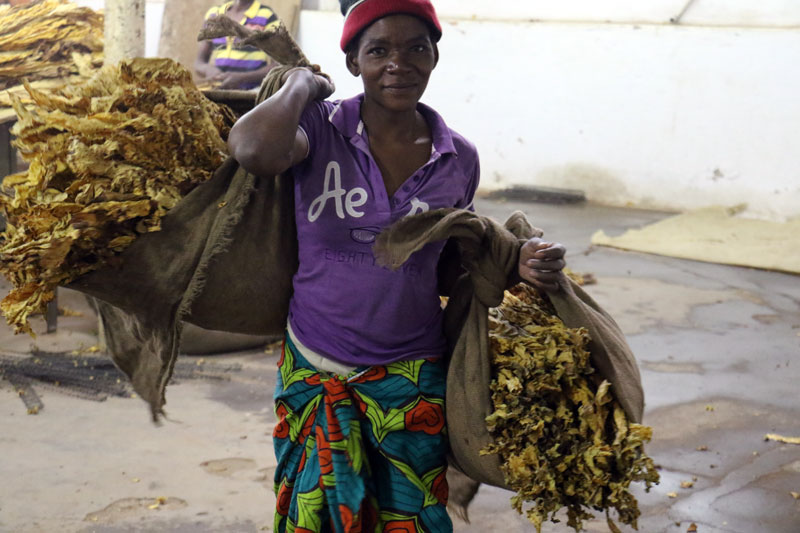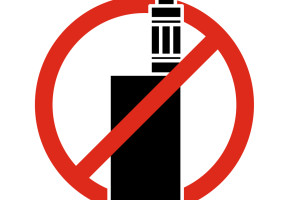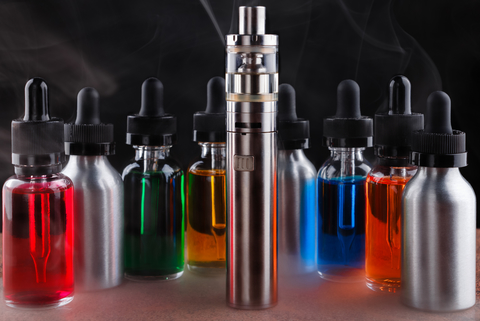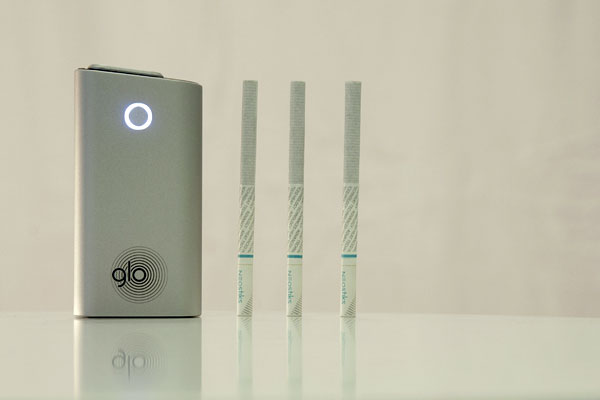22nd Century Group plans to invest $24 million in Panacea Life Sciences, a vertically integrated consumer-facing company operating in the legal hemp-derived CBD product space.
As part of the deal, 22nd Century has received a warrant to purchase preferred stock of Panacea Life Sciences, which upon full exercise will provide 22nd Century with a controlling equity position in Panacea Life Sciences.
“After a disciplined and thorough review of the opportunities available to 22nd Century to maximize shareholder value creation, we are pleased to announce the company’s first investment in the legal hemp/cannabis consumer packaged goods space,” said Cliff Fleet, president and chief executive officer of 22nd Century Group.
“This investment is a major milestone in 22nd Century’s ongoing execution of our hemp/cannabis strategic growth plan and offers the opportunity for strong projected shareholder returns.”
“We are pleased to enter into this long-term strategic partnership with 22nd Century,” said Leslie Buttorff, chief executive officer of Panacea Life Sciences.
“With a strong team and seed-to-sale operations in place, Panacea is on track to deliver sales growth of over 1,000 percent in 2019 with gross margins over 50 percent. Our success has been possible because of our focus from day one on producing and marketing the highest quality hemp-derived premium CBD products.”










